2024-2025
K-12 SWP Round 7
California’s economic competitiveness is fueled, in part, by the strength of its regional economies and its skilled workforce. California is committed to investing in developing a skilled workforce to meet the state’s labor market needs and to ensure upward social and economic mobility for Californians. In 2016, the California Legislature approved the Strong Workforce Program (SWP), budgeting an ongoing $248 million for the state’s community colleges to enhance and expand career technical education (CTE) and workforce training to prepare students for high-wage employment in industries that meet regional labor market needs.
Commencing with the 2018–19 fiscal year, an additional $150 million was allocated on an annual and ongoing basis to K–12 local education agencies (LEAs) through the K12 Strong Workforce Program (K12 SWP) to create, support, and/or expand high-quality CTE at the K–12 level (Education Code, Section 88827).
The California Community Colleges Chancellor’s Office (Chancellor’s Office), in partnership with the California Department of Education (CDE), is seeking applications from eligible LEAs for K12 SWP funds to create, support, and/or expand high-quality CTE course sequences, programs, and pathways at the K–12 level that are aligned to regional workforce efforts occurring through the SWP.
The ultimate goal of Strong Workforce Program K12 grant funds is to support K–12 local education agencies (LEAs) in creating, improving, and expanding career technical education (CTE) courses, course sequences, programs of study, and pathways for students transitioning from secondary education to postsecondary education to living-wage employment.
California has experienced an unprecedented time battling a global pandemic with serious impacts to livelihood. More than one million Californians have filed new unemployment claims since the pandemic began sweeping across the country. The COVID-19 pandemic has exposed the economic inequality that is deeply ingrained in our society, making it clear that we cannot return to business as usual. Similarly, California’s community colleges are also faced with creating a new normal, with a clear “Call to Action” by the Chancellor’s Office to help design and innovate for an equitable recovery and post-pandemic economy.
Inclusive economic development is about both process and outcome, mobilizing cross-sector collaboration and focusing on approaches to shared prosperity; the outcomes from such economic growth can be greater and more mutually beneficial to education, businesses, communities, and workers, including historically disproportionately impacted students.
Click here to access the Round 7 (2024-25) Request for Proposals.
